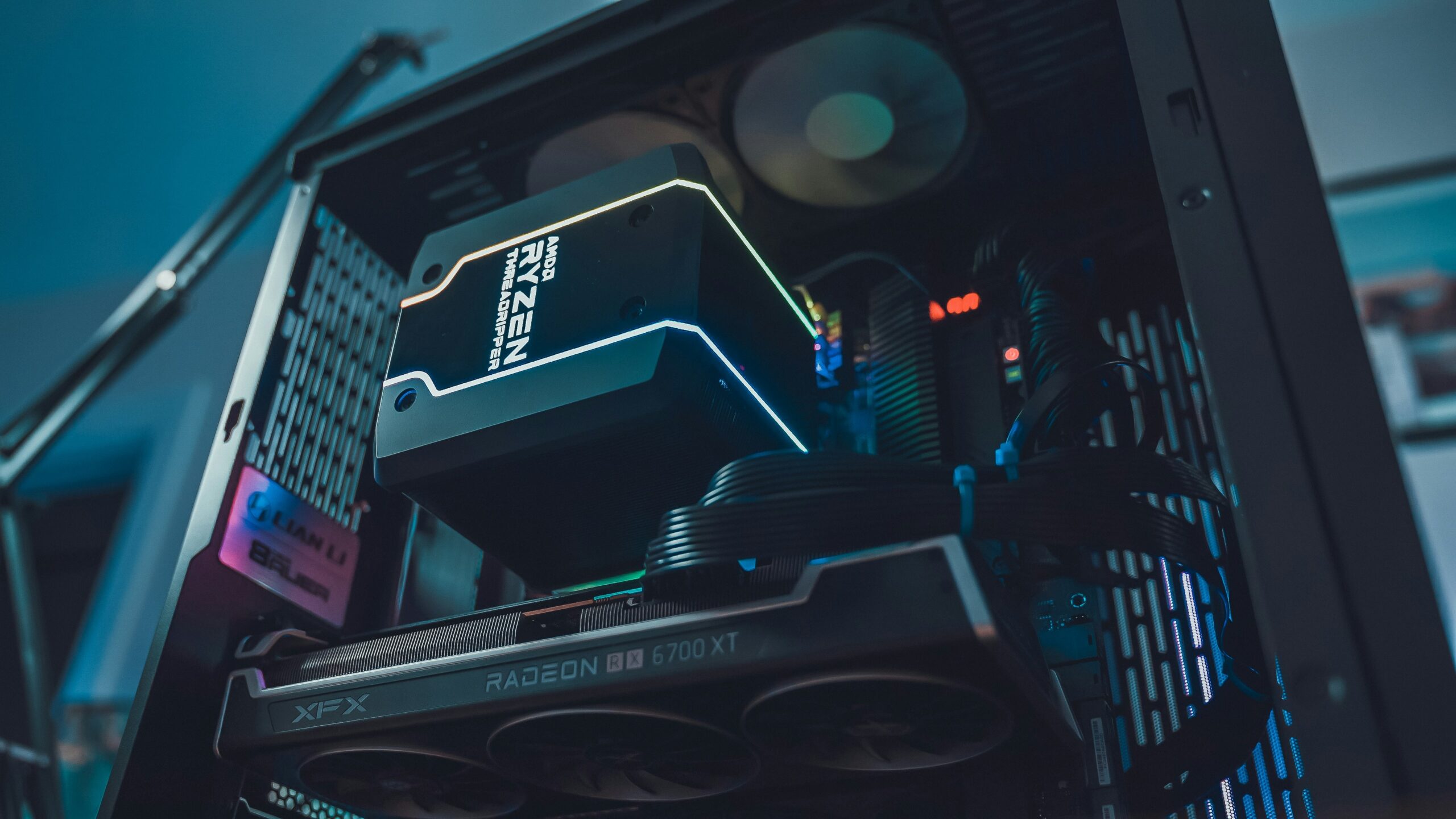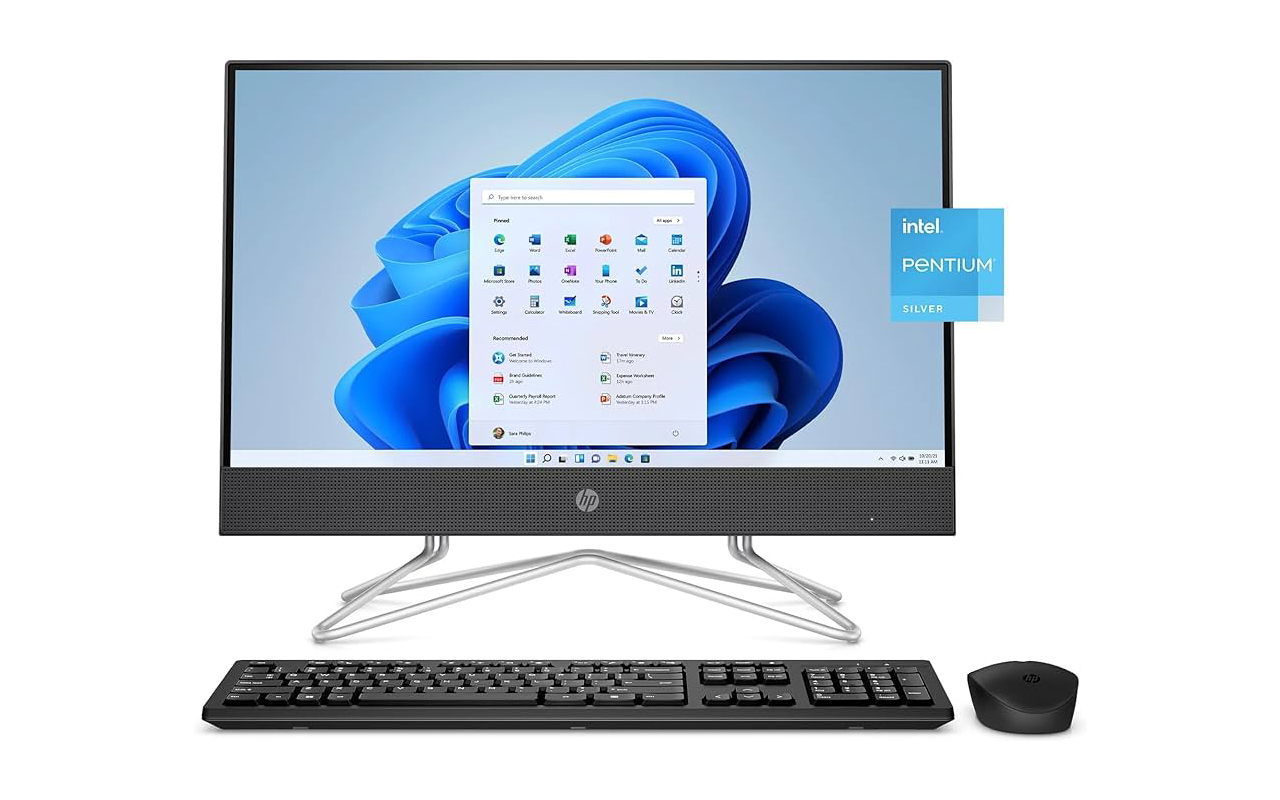
The Heart of Electronic Devices
A power supply is a fundamental component in electronic systems, responsible for providing the necessary electrical power to operate various devices and circuits. It converts electrical energy from a source, typically an AC (alternating current) from the mains electricity, into a usable DC (direct current) form required by electronic components.
This process is essential for the functionality and reliability of electronic devices, ranging from household gadgets to industrial machinery.
Key Components and Functionality
A typical power supply consists of several key components:
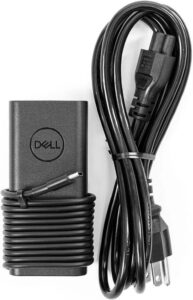
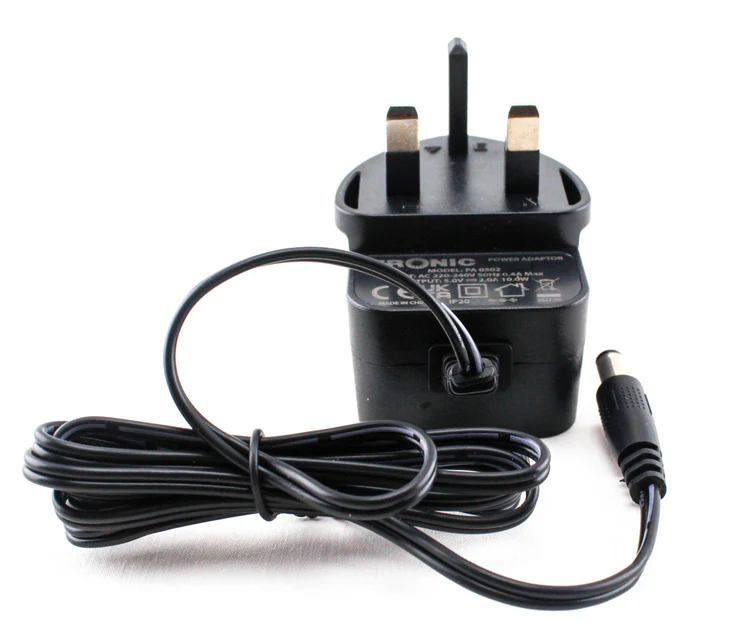
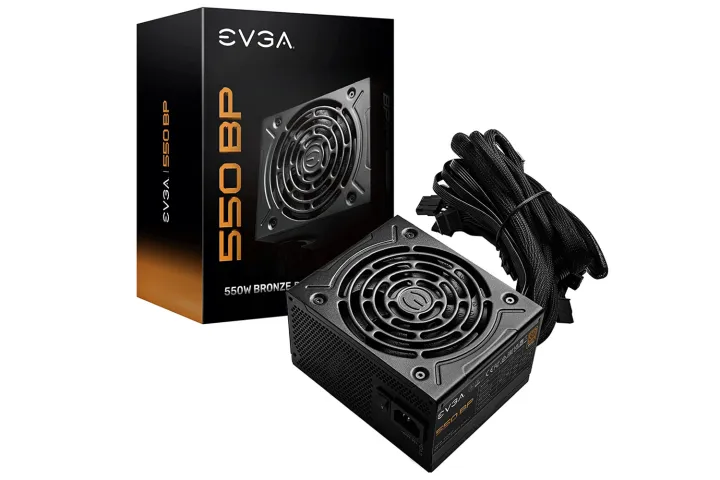
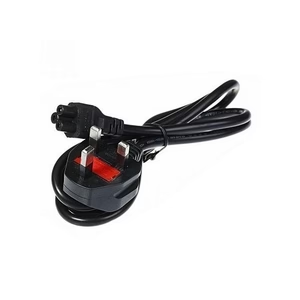
Types of Power Supplies
Power supplies come in various forms, each tailored for specific applications and requirements:
Linear Power Supplies
Linear power supplies regulate the output voltage by dissipating excess power as heat through a series of electronic components, such as resistors and transistors. They are known for their simplicity, reliability, and ability to provide a stable and noise-free output.
Uninterruptible Power Supplies (UPS)
UPS systems provide a backup power source in case of mains power failure. They combine a battery, inverter, and charger to ensure continuous power supply during outages.
Switching Power Supplies
Switching power supplies, or switch-mode power supplies (SMPS), are more efficient than linear power supplies. They convert the input power by rapidly switching on and off, using electronic switches and energy storage components like inductors and capacitors.
Programmable Power Supplies
Programmable power supplies offer adjustable output voltages and currents, controlled via a digital interface. These are used in laboratory settings, research and development, and testing environments where precise control over the power output is necessary.
